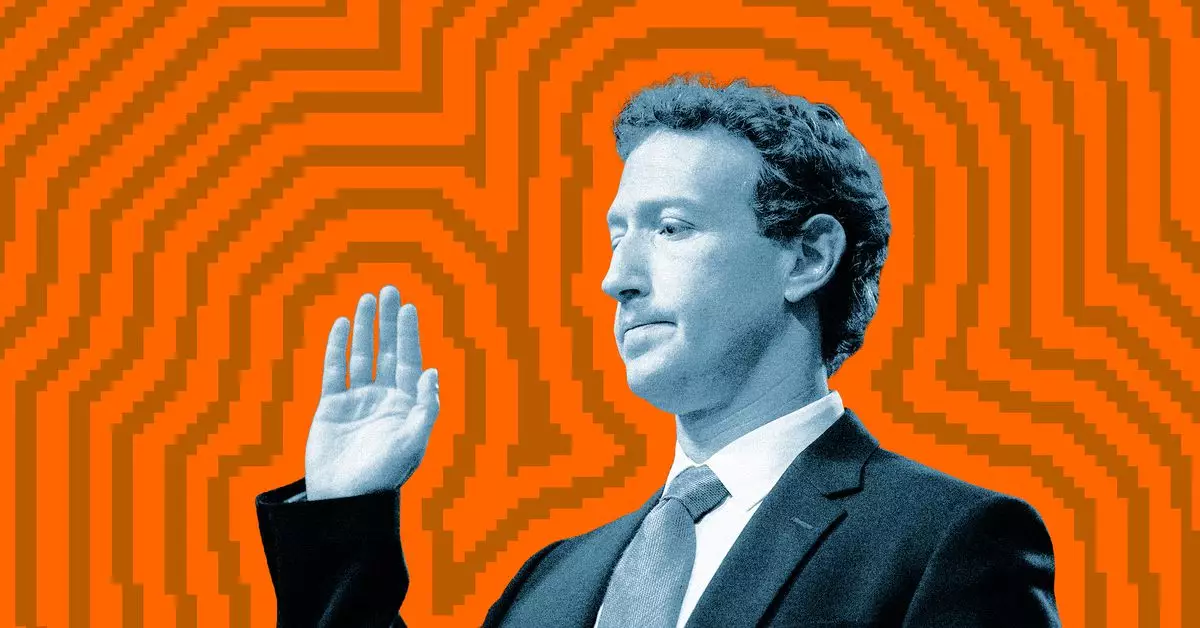In a striking combination of tech and politics, Mark Zuckerberg, CEO of Meta, recently dined with President-elect Donald Trump at the opulent Mar-a-Lago resort. Set against the backdrop of a tumultuous time in American politics, this meeting raises several questions about the intertwining relationships between technology executives and political figures. Such gatherings can often serve as informal arenas for dialogue that could influence the direction of innovation and regulation in the tech industry.
Following the dinner, Meta spokesperson Andy Stone emphasized the significance of this meeting, framing it within the broader narrative of American innovation. This narrative cannot be underestimated, particularly in an ecosystem where tech companies wield considerable power over public discourse. By leveraging their platforms, such firms shape societal norms and influence political landscapes. Zuckerberg’s engagement with Trump could symbolize a potential alliance or, at the very least, an opportunity to discuss the future trajectory of regulations that could impact companies like Meta.
However, the dinner is not without its controversies. Over the past few years, Zuckerberg has faced significant backlash for Facebook’s perceived role in the 2020 presidential election, ranging from allegations of misinformation to concerns about user privacy. Activists and politicians alike have called for greater accountability from Zuckerberg and his company, even calling for his imprisonment over these issues. The juxtaposition of dinner conversation involving Zuckerberg with a leader who has faced scrutiny for his own electoral practices presents a complex tableau of accountability, power, and the ever-evolving landscape of digital media.
The implications of such meetings extend beyond the individuals involved. The relationship between tech leaders and politicians may influence legislative actions regarding technology, privacy, and free speech. This relationship could define the regulatory frameworks that harness innovation while ensuring accountability for the societal impacts of technology. Zuckerberg’s prominent position within this dynamic requires careful consideration, especially in light of public trust and the ethical responsibilities incumbent upon tech giants today.
The dinner between Zuckerberg and Trump encapsulates the complex interplay between technology and politics. While such informal interactions may open doors to beneficial collaborations and discourse about the future of American innovation, they also serve as a reminder of the profound responsibilities that tech leaders carry. As society grapples with the consequences of social media on democracy, the outcomes of these high-profile meetings could very well shape the rules of engagement in the digital world for years to come. As we move forward, the challenge will be to ensure that innovation is harnessed for societal good, rather than merely entrenching existing power dynamics in an increasingly polarized landscape.

